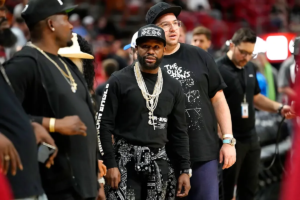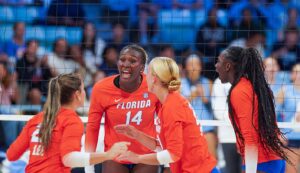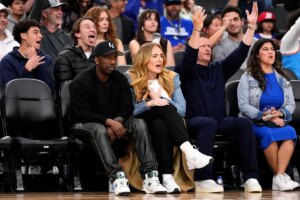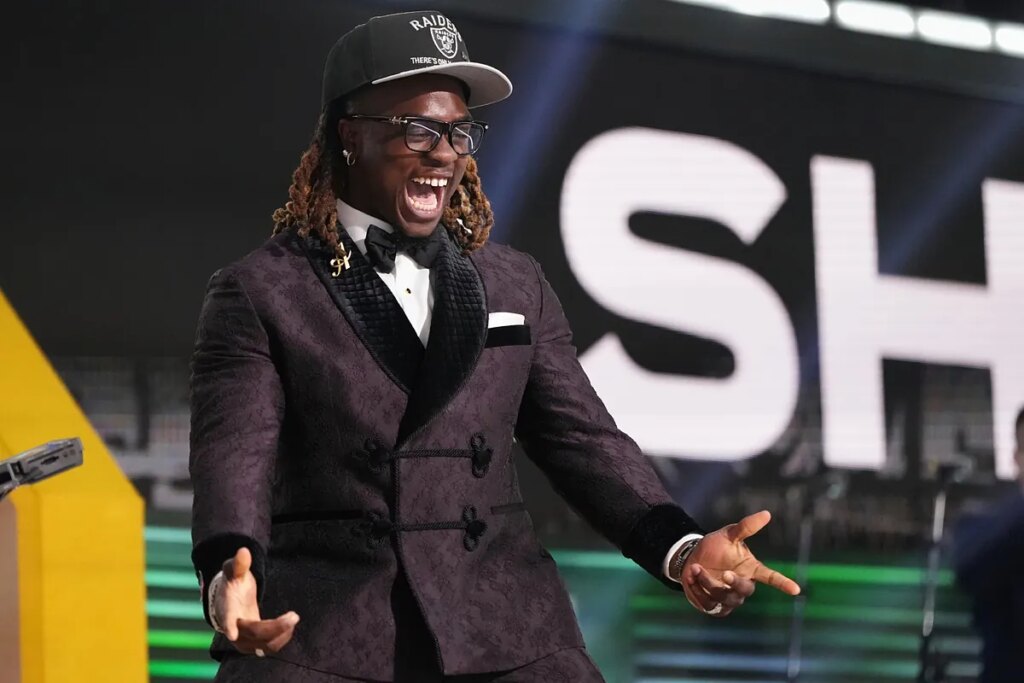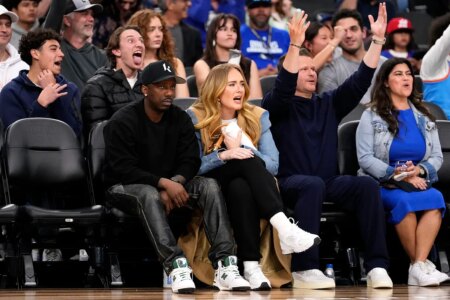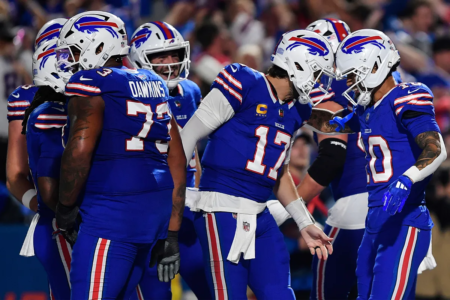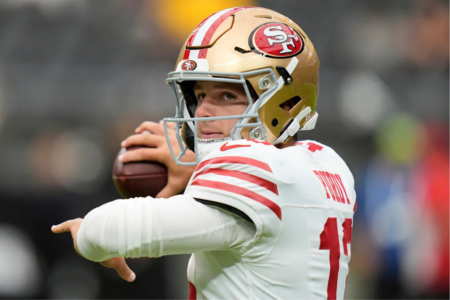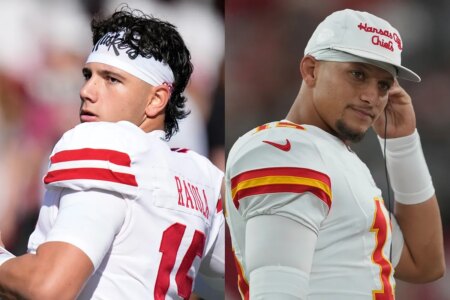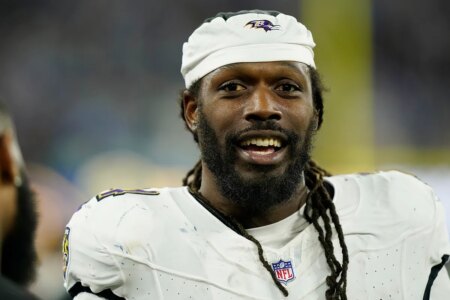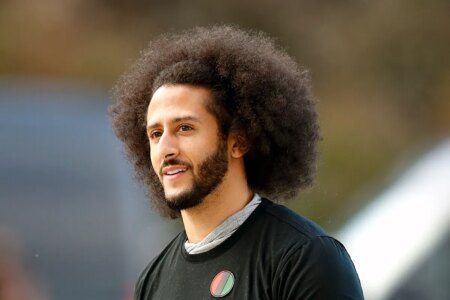The NFL Draft is a life-changing moment for prospects, but it has also become a prime opportunity for prank callers to interfere with the process. While fake calls before a player is drafted have become an issue, this year saw pranksters targeting players after their selections. One of the latest victims of this trend was Las Vegas Raiders first-round pick Ashton Jeanty, who received a misleading call falsely claiming he had been traded to the Dallas Cowboys.
Jeanty, selected by the Raiders in the first round, recalled his experience in an interview with Stacking the Box. According to him, an unknown caller told him he was being sent to Dallas, but Jeanty quickly realized the deception. “I just hung up, bro. I was like, ‘Come on, bro,'” he said, dismissing the prank. While Jeanty wasn’t fooled, these calls could create real confusion and unnecessary anxiety for young players still adjusting to their new reality.
Prank calls during the draft are nothing new, but they have gained increasing attention in recent years. In one of the more infamous incidents, Atlanta Falcons defensive coordinator Jeff Ulbrich’s son, Jax Ulbrich, reportedly prank-called Shedeur Sanders during the draft process, leading to penalties for the Falcons. The team was fined $250,000, while Ulbrich himself was docked $100,000 for failing to protect confidential draft information.
It will be difficult to try and prevent this from happening
Despite the NFL’s efforts to mitigate prank calls before players are picked, stopping them post-selection presents an entirely different challenge. Once a prospect is drafted, their phone number may already be publicly available or shared widely among contacts, making them more vulnerable to misleading calls. Some analysts have suggested that the NFL should introduce an Official Draft Prospect Burner Phone, which would ensure only verified personnel can reach players during the event.
Until such a solution is implemented, prank calls will likely remain an unwelcome distraction during the draft process. For now, teams and prospects must be vigilant, verifying any unexpected calls before reacting. As the NFL prepares for future drafts, the league will need to find ways to protect players from deceptive interference-especially in an era where digital pranks can spread rapidly.
The rise of these prank calls underscores the need for stronger security measures, both in preventing pre-draft misinformation and ensuring players aren’t misled after their selections. Whether the league addresses this growing issue remains to be seen, but for the players caught in the middle, the stakes couldn’t be higher.
Read the full article here

